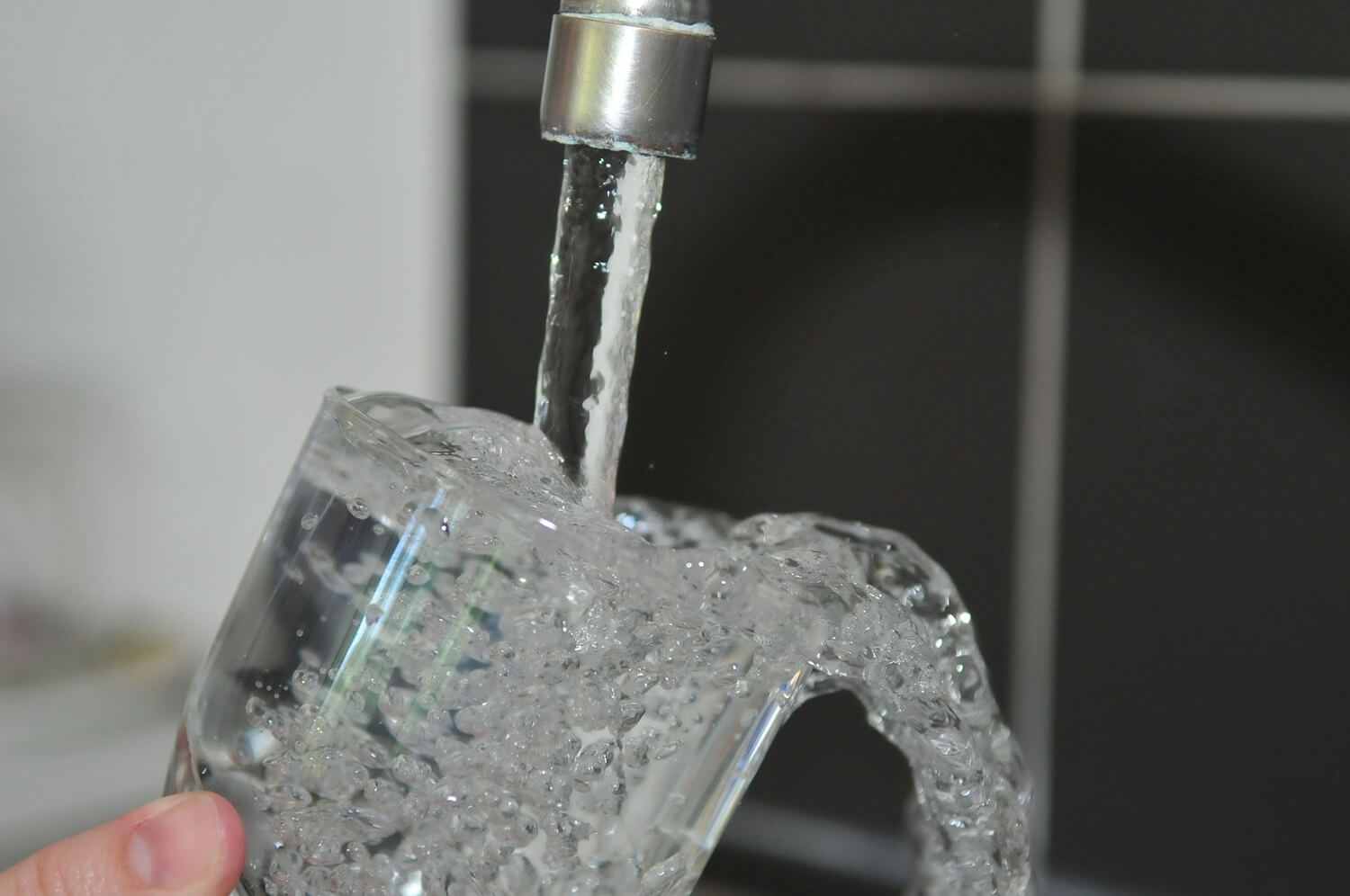
Ever had a sip of water and found it tasted a bit strange? That tang or slight bleach-like scent you detect might just be chlorine, the usual protector and sometimes villain in our drinking water. Chlorine levels in drinking water are crucial for keeping it safe from harmful bacteria, but too much can turn your hydration experience into something less refreshing.
It’s not just about taste either—high chlorine levels can affect your health and even cause damage to plumbing over time. At Brock Mechanical, we’re diving into this common issue headfirst to help you understand why it matters and what you can do about it. We’re here to ensure your water is not only safe but enjoyable to drink!
Chlorine Levels in Drinking Water
Chlorine’s Role in Water Treatment
If you had the experience of drinking water only to have it taste like the pool water you accidentally drank last summer, then there’s too much chlorine in it. Chlorine levels in drinking water are carefully managed to kill off harmful bacteria and viruses, ensuring what flows from your faucet is safe to drink. It’s like having a small-scale purification plant right in your kitchen!
Safe vs. High Chlorine Levels
While a touch of chlorine is necessary to keep water safe, too much can turn your refreshment into a disinfectant experience. Balancing safe chlorine levels in drinking water is important.
Our expert technicians break down the science behind this balancing act to ensure your water is both safe and pleasant. Achieving this balance involves careful monitoring and regulation of chlorine levels in water treatment processes.
Signs of Excessive Chlorine in Your Water
Detecting High Chlorine Levels at Home
Curious if your tap water is sporting a bit too much of that poolside vibe? Chlorine levels in drinking water can sometimes be detected right in your kitchen. Here are a few clues to look out for:
Taste
If your water tastes overly chemical or slightly bitter, it might be a sign of high chlorine levels.
Smell
That faint bleach-like odor when you turn on the faucet? Yep, that could indicate higher-than-desired chlorine content.
Appearance
Cloudiness or unusual coloration in your water can also hint at chlorine levels beyond the norm.
Effects of High Chlorine on Health and Plumbing
Short-term and Long-term Effects on Health
Beyond changing the taste and smell of your water, chlorine levels in drinking water can negatively affect your well-being. Short-term effects may include irritated skin and eyes, while long-term exposure has been linked to potential respiratory and cardiovascular concerns.
Corrosion and Damage to Plumbing Fixtures
High chlorine levels aren’t just tough on taste buds—they can also damage and destroy your plumbing system. Over time, excessive chlorine can escalate corrosion in pipes and fixtures, leading to leaks and costly repairs down the line.
How to Test and Measure Chlorine Levels
DIY Methods vs. Professional Testing Services
Curious about your water’s chlorine content? Giving it a try is simpler than you’d expect. Here’s how:
DIY Testing
Grab a test kit from your local hardware store and follow the straightforward instructions. It’s a quick and affordable way to get a snapshot of your water’s chlorine levels.
Professional Services
For a more reliable insight, consider tapping into professional testing services. Brock Mechanical’s expert plumbing services offer comprehensive water quality services that provide precise insights into how long does water conditioner take to remove chlorine and other contaminants.
Remedies for Reducing Chlorine in Drinking Water

Water Filtration
Consider installing a water filtration system if you want to permanently remove that tangy taste to your water. Consider the various water filtration systems available:
- Pitcher Filters: Ideal for small houses or those on a budget, pitcher filters use activated carbon to remove chlorine and improve taste.
- Under-Sink Filters: Installed directly under your kitchen sink, these systems offer more filtration capacity and can remove chlorine along with other contaminants.
- Whole-House Filtration: For an all-around water treatment throughout your home, whole-house filtration systems not only remove chlorine but also sediment, chemicals, and other impurities from all water sources.
Activated Carbon, Dechlorinators, and More
If filtration isn’t your style, look into alternative treatments like activated carbon filters or dechlorinators. These options effectively neutralize chlorine while preserving water quality and taste, ensuring every sip is as refreshing as it should be.
Keep Chlorine Levels in Check
Maintaining optimal chlorine levels in drinking water is key to ensuring your water remains safe and enjoyable. Understand the impact of chlorine on health and explore different methods to maintain ideal levels. Brock Mechanical offers resources and expert water treatment services in Michigan to help homeowners make informed decisions about water quality.


